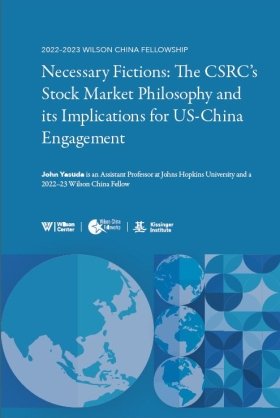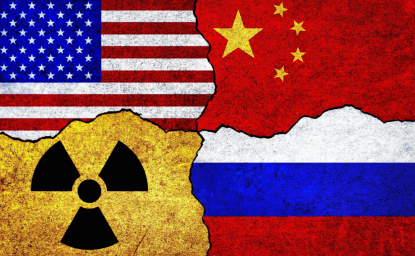Necessary Fictions: The CSRC’s Stock Market Philosophy and its Implications for US-China Engagement


Why do Chinese regulators continue to employ hard paternalistic tools that appear to undermine their efforts to build a better and more global stock market? In contrast to studies focusing on fleet-footed capital, political patronage, and state capitalism, this research project unveils the hidden ideational underpinnings of financial regulation in China to explain the persistence of hard paternalist tools. As a matter of Sino-American financial relations, the CSRC’s interventionist behavior has fueled conflicts over information disclosure requirements, led to restrictions on US investments in China, and the de-listings of Chinese firms on American bourses. I argue that regulators in China, as they are elsewhere, are guided by a host of “necessary fictions” that undergird financial regulatory interventions. In particular, I highlight how Chinese regulators are driven by the specter of irrational investors, a paternalistic state, and an inefficient market. These economic ideas are self-reinforcing, and shape the way regulators approach the market, sometimes with devastating consequences. In a moment where bilateral regulatory mistrust threatens to dismantle many of the financial ties built-up over the last three decades, understanding the mindset of the Chinese regulator becomes all the more important.
Author

Assistant Professor of Political Science at Johns Hopkins University

Kissinger Institute on China and the United States
The Kissinger Institute works to ensure that China policy serves American long-term interests and is founded in understanding of historical and cultural factors in bilateral relations and in accurate assessment of the aspirations of China’s government and people. Read more

Explore More
Browse Insights & Analysis
US Inaction Is Ceding the Global Nuclear Market to China and Russia

360° View of How Southeast Asia Can Attract More FDI in Chips and AI



